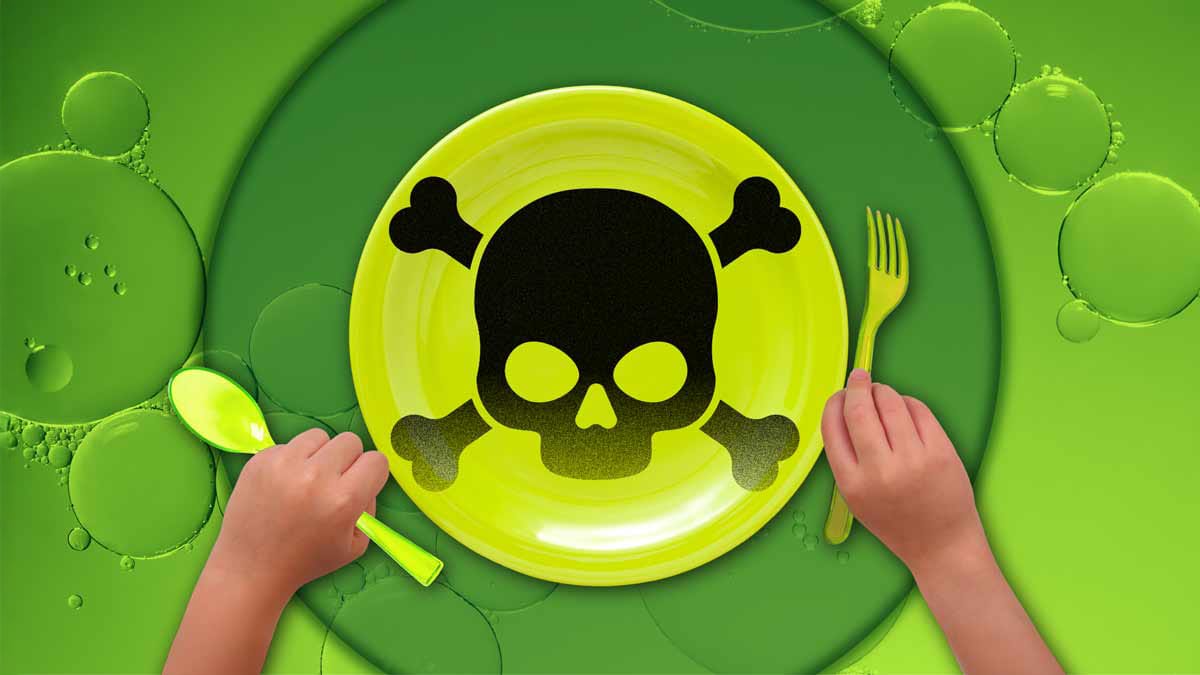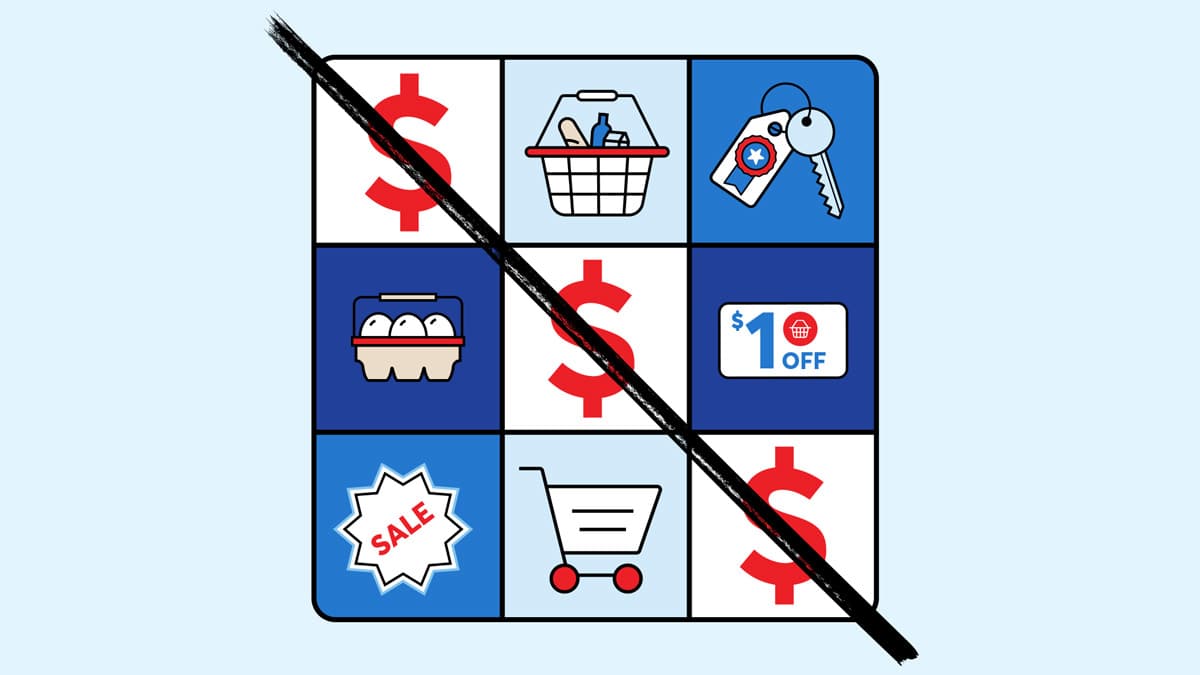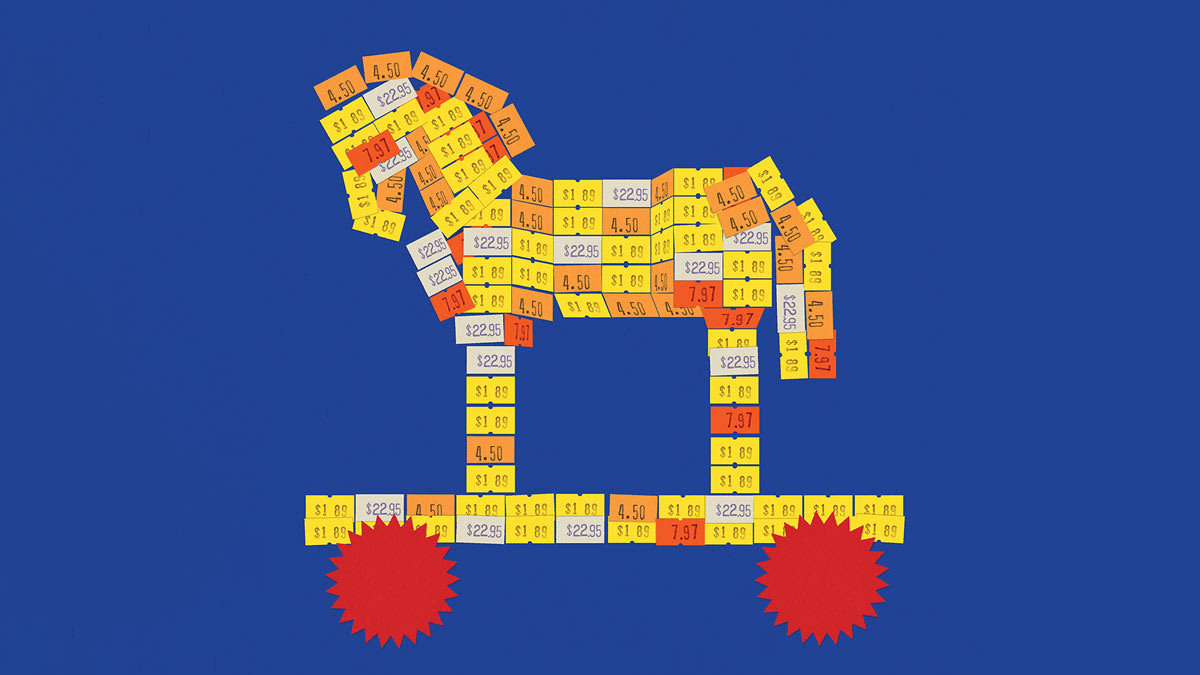At Consumer Reports, our independence means we put consumers first—always. In a complex and fast-changing marketplace, we are firmly on your side, committed to serving the public interest and providing the trusted information you need to make informed, confident choices.
In fiscal year 2025, our nonprofit organization helped drive meaningful change, from removing harmful chemicals from the food we eat to exposing scams and unsafe products. The milestones below reflect what we’ve achieved together, thanks to the trust and support of members like you.
For nearly 90 years, CR has worked to make the consumer voice heard, and this past year has underscored just how vital that mission remains.
Consumer Reports by the Numbers
5 million members strong
CR is proud to have 5 million members in all 50 states, who access our trusted ratings and reviews on our website, receive our publications, and engage in our campaigns for marketplace change.
2,300+ products & services tested
In fiscal year 2025, CR tested over 2,300 products and services in 100+ categories.
We heard from more than 1,000,000 consumers through our research and outreach tools, such as more than 80 national surveys.
1.24 million actions taken
The number of signatures and emails that CR members and activists sent to policymakers and company CEOs to advocate for pro-consumer policies.
$32.5 million donated
CR is able to achieve its impact through the generous support of our individual donors, who contributed more than $32 million to advance our mission in fiscal year 2025.
Working to Get Toxins Out of Kids’ Foods

In a major win for public health, the Food and Drug Administration banned Red Dye No. 3 in food, drinks, and ingested medications. This synthetic dye has long been linked to cancer, as well as hyperactivity and other neurobehavioral issues in children. It’s commonly found in products marketed to kids, including candy, snacks, and cereals.
Consumer Reports pushed for this ban for years, testifying before government officials, mobilizing public support, and delivering a petition to the FDA signed by 80,000 consumers. CR co-sponsored a 2023 California law banning the dye in foods sold and manufactured in the state, which helped generate momentum for this historic national action in 2025.
This is just one example of how CR’s investigations and advocacy are driving change to help ensure the food we serve our children is safe. Others include:
- Kraft Heinz removed its Lunchables meal kits from the National School Lunch Program after CR’s tests found concerning levels of sodium, lead, and cadmium in Lunchables and similar kits. CR organized people across the country to tell the federal government to pull Lunchables from the program, and we generated widespread media coverage to ratchet up the pressure on the company to act.
- CR co-sponsored a new California law banning six synthetic dyes from school meals due to their links to learning and behavior problems.
- When CR found potentially dangerous levels of arsenic and lead in infant formula, the FDA launched a new safety initiative, just one day after receiving our findings.
Learn more about our Toxic-Free Kids’ Food Campaign.
Raising the Standards for Safe Baby Products
A new mandatory safety standard for infant support cushions, including baby loungers, took effect in May 2025. Products will have to meet federal requirements designed to reduce the risk of suffocation, entrapment, and falls.
Consumer Reports championed this standard, citing our reporting on the dangers of infant loungers, and we praised the Consumer Product Safety Commission (CPSC) for approving this rule by a unanimous vote. The standard requires better design, rigorous testing, and clearer warning labels.
The need for stronger safety standards is urgent: Between 2010 and 2022, the CPSC was aware of 79 infant deaths and 124 injuries linked to infant support cushions, most involving babies under 3 months old, and most occurring during sleep.
CR continues to identify and call out safety issues in other children’s products: Our car seat testing goes beyond federal standards to simulate real-world crash conditions. In June 2025 the Bugaboo Giraffe high chair was recalled after 13 injuries were reported, one day after CR urged the CPSC to act.
79
infant deaths linked to infant support cushions
Investigating the Harms of AI

Artificial intelligence (AI) holds great promise, but also real risks for consumers. In a CR investigation of six widely used AI voice-cloning tools, four failed to include meaningful safeguards, making it easy to clone someone’s voice without their consent. This can create a clear path for impersonation scams, including fake emergency calls that mimic loved ones and demand money. Our findings underscore the urgent need for stronger protections and tougher enforcement of existing rules to prevent AI misuse.
When Congress proposed a 10-year ban on state AI laws, CR testified at a Senate hearing, warning that such a move would leave consumers vulnerable. We noted how states have led the way in addressing AI harms, while federal action has lagged. CR members sent over 80,000 emails to their senators opposing a ban. The Senate overwhelmingly rejected the proposal in a 99-to-1 vote—a victory for consumer protections.
CR is also working in several states on legislation to address the use of AI for big decisions that impact your daily life. Companies increasingly use hidden algorithms to determine who gets hired, who gets approved for a loan, or who receives medical care. These algorithms may reject qualified people because of incorrect or biased information. CR is advocating for reforms and transparency.
Winning Top Honors for Clean Car Work
13.5 million
visits to CR's hybrid and EV content since December 2022
Consumer Reports was honored by Fast Company as one of the World’s Most Innovative Companies of 2025. CR was named No. 2 in the Not-for-Profit category for our work to help consumers shop around for cleaner cars that produce less pollution and cost less to fuel. CR’s online stories, vehicle model pages, and information hubs about hybrids and electric vehicles (EVs) have seen 13.5 million visits since December 2022.
Fast Company noted how CR has developed new ways to test EVs to provide people with real-world insights, including highway-speed range tests that show how far cars actually drive before they need to be charged.
Fast Company also highlighted our EV Charging Community initiative, which brings together car owners and corporate and nonprofit partners to provide real-time insights from users to improve the charging experience. Thousands of people have taken our smartphone survey to give instant feedback on how simple—or challenging—it was to charge their vehicle at locations across the U.S. And we worked with auto manufacturers to address challenges drivers identified with their cars, including issues with hardware, such as broken or unresponsive charging screens, and payment problems.
Advocating for Safe Beauty Products

When Consumer Reports tested synthetic braiding hair, every sample had toxic chemicals linked to cancer. Some contained lead, chloroform, or benzene. These products are marketed to Black women and girls, who may wear them for several weeks at a time, lengthening their exposure to these substances.
No federal agency has jurisdiction over synthetic braiding hair products to ensure they are safe. CR helped craft legislation introduced in Congress to direct the FDA to regulate them. And we are working with a coalition of groups to advance a bill in New York state that aims to ban the sale of cosmetics and personal care products, including synthetic braiding hair, that contain dangerous substances like heavy metals, PFAS, and phthalates.
Advancing Safer Cars
Consumer Reports praised the Department of Transportation and its National Highway Traffic Safety Administration (NHTSA) for making critical updates to the five-star safety ratings for new cars. This marks a long-awaited step to enhance federal vehicle safety ratings by incorporating advanced crash avoidance and crashworthiness measures to protect pedestrians. CR provided extensive comments and advice to the government throughout the process. Our advocates said: “This is the biggest step forward for the five-star safety ratings since the program was created.” Our experts also helped craft and advance a new federal rule requiring seat belt use warnings for rear seats in passenger vehicles and enhanced warnings for driver and front passenger seats, to help reduce crash-related injuries and fatalities.
5-star
car safety ratings get critical updates
Making the Price Right

Consumer Reports conducted two major investigations into the grocery giant Kroger as we kicked off our Make the Price Right campaign. The first investigation found that many Kroger stores were overcharging customers by leaving expired sale tags on the shelves. Shoppers thought they were getting deals, but at checkout, the average overcharge was $1.70 per item, or 18.4 percent. One day after we published our findings, Kroger announced it would be hiring an additional 15,000 employees across the country to "enhance the customer experience." Then, in a separate investigation, CR was able to uncover—thanks to an Oregon privacy law that CR helped establish—that Kroger was building detailed loyalty profiles on its customers, tracking their behavior and using that data, which was often incorrect, to personalize pricing and promotions, all without clear disclosure.
Pushing for Safety on Online Marketplaces
60+ percent
of items sold on Amazon are from third-party sellers
As online shopping has surged, our product safety laws haven’t kept pace. This is especially true when it comes to third-party sellers on popular online marketplaces like Amazon, Facebook Marketplace, and Temu. In these spaces, the platforms’ responsibilities for addressing risks and harms are often unclear, allowing companies to rely on outdated laws to avoid responsibility when unsafe products are sold. More than 60 percent of products sold on Amazon now come from third-party sellers, and third-party sales are projected to account for 59 percent of global e-commerce by 2027.
Consumer Reports published a new report calling for stronger consumer protections to hold online marketplaces accountable for unsafe products sold on their platforms. They should all be held to certain basic standards, including clearly indicating when a product is offered by a third party, making sure users can find complete and accurate information about the product, removing listings of all recalled or banned products, and quickly notifying customers if a product they previously purchased gets recalled.
Cracking Down on Junk Fees

For many years, Consumer Reports has exposed the unfair hidden fees that inflate prices for consumers and make it difficult to comparison shop. We gathered thousands of stories from people who’d been stung by junk fees and shared them with the Federal Trade Commission (FTC). We also shared our nationally representative consumer surveys, which showed that large majorities of Americans were fed up with these fees and wanted action.
A new FTC rule backed by CR aims to eliminate hidden and deceptive fees in live event tickets and short-term lodging by requiring businesses to disclose the total price up front. This includes all mandatory fees, eliminating "drip pricing" where consumers are lured in with a low advertised price and then hit with additional charges at checkout. The FTC estimates the rule will save consumers 53 million hours of time each year in searching for tickets and lodging.
Getting Risky Products Off the Shelves
Consumer Reports spot-checked 21 bike helmets for sale online. Eight of them did not have the required sticker or label that shows they comply with national safety standards. This was a red flag indicating that the helmets might not provide adequate protection in a crash.
When contacted about these noncompliant helmets, Shein, Temu, and Walmart took down the listings. The listing for the helmet we bought from eBay was already down, but the company removed a listing for an identical helmet from a different seller.
8
bike helmets
flagged for
missing
safety labels